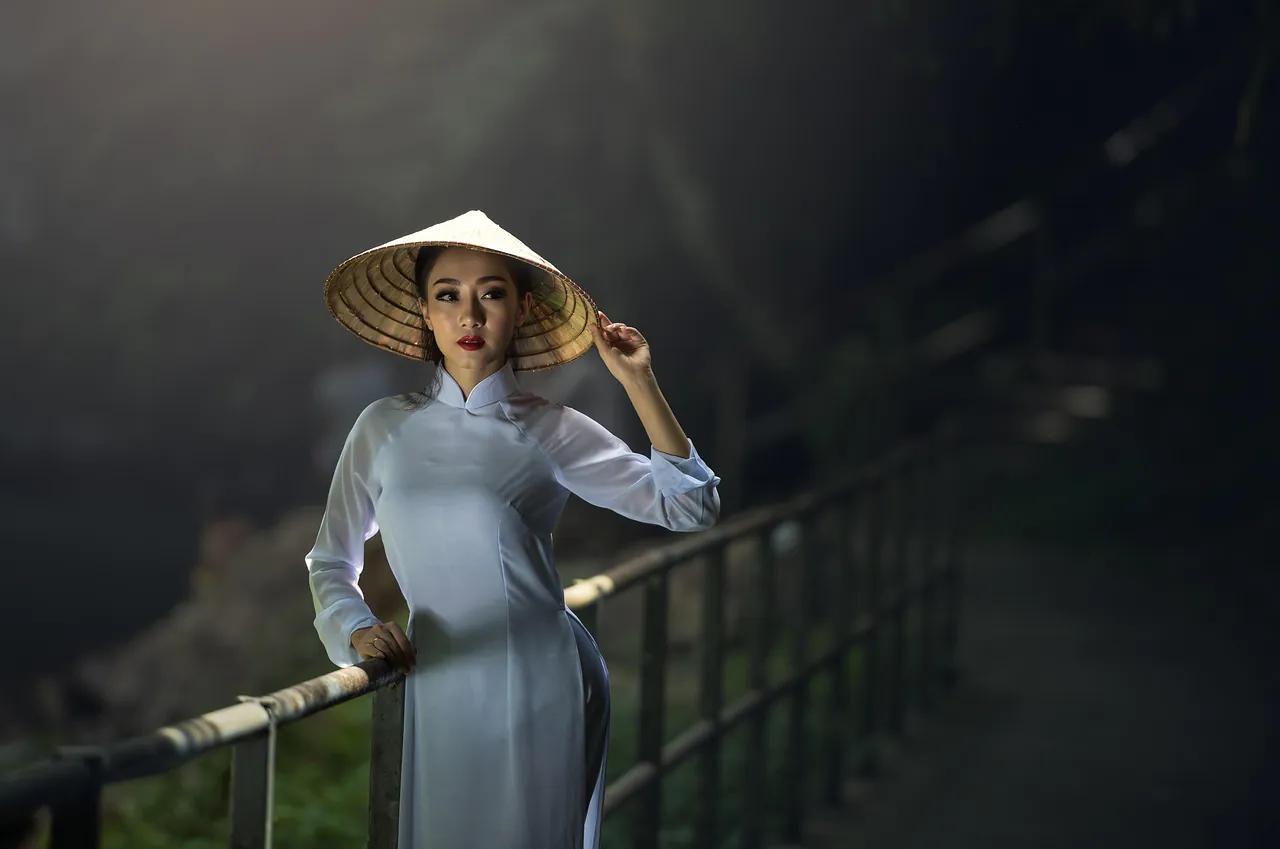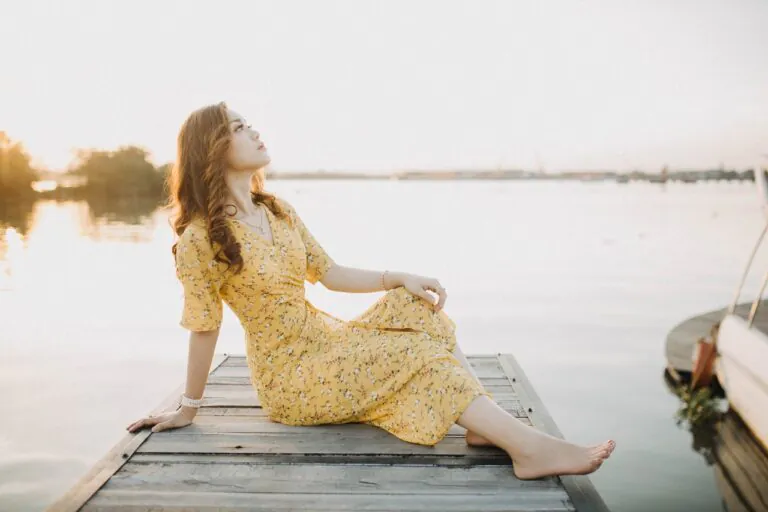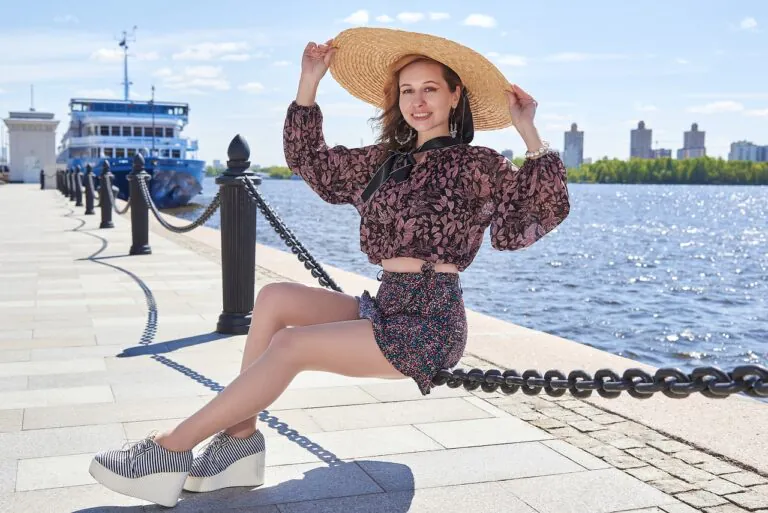African Fashion Dresses: 6 Best Celebrate Culture, Style, and Modern Elegance
Explore the vibrant world of African fashion dresses, blending tradition with modern trends. Discover styles, fabrics and why this attire is a favourite all over the world.
Table of Contents
Introduction
African fashion dresses are not just beautiful apparels, but even beautiful meaning that of culture, arts and personalities. These dresses represent tradition as preserved through centuries, bright and bold colors, patterns, and symbols that speak about the history of African people. As the demand for eco-friendly and varied clothing increases across the world, African wear has gone up to be important staples in modern dress codes across fashion enthusiasts.
This guide aims at enthusing the readers with appreciable information on African fashion dresses, their development and place in the world fashion. In this African fashion article, we look at traditional dresses, contemporary re-imagining of the traditional wear, and anything in between is perfect for anyone’s taste.
1. The Allure of African Fashion Dresses
African fashion dresses captivate the world for several reasons:
- Cultural Significance: Even the material used, even the shade of color you choose has something to tell you about Africa and our history.
- Timeless Elegance: As traditional or formal, African dresses are some of the most exquisite dresses ideal for any occasion.
- Unique Patterns and Prints: Ankara, Dashiki, and Kente are the fabrics that are unique refined designs with campus eye-catching motifs of nature, art and day to day life.
- Versatility: They also fit in the global fashion trends without losing their Africanness at all the same time.
The result? A line of dresses that respect tradition yet are appropriate for today’s woman.
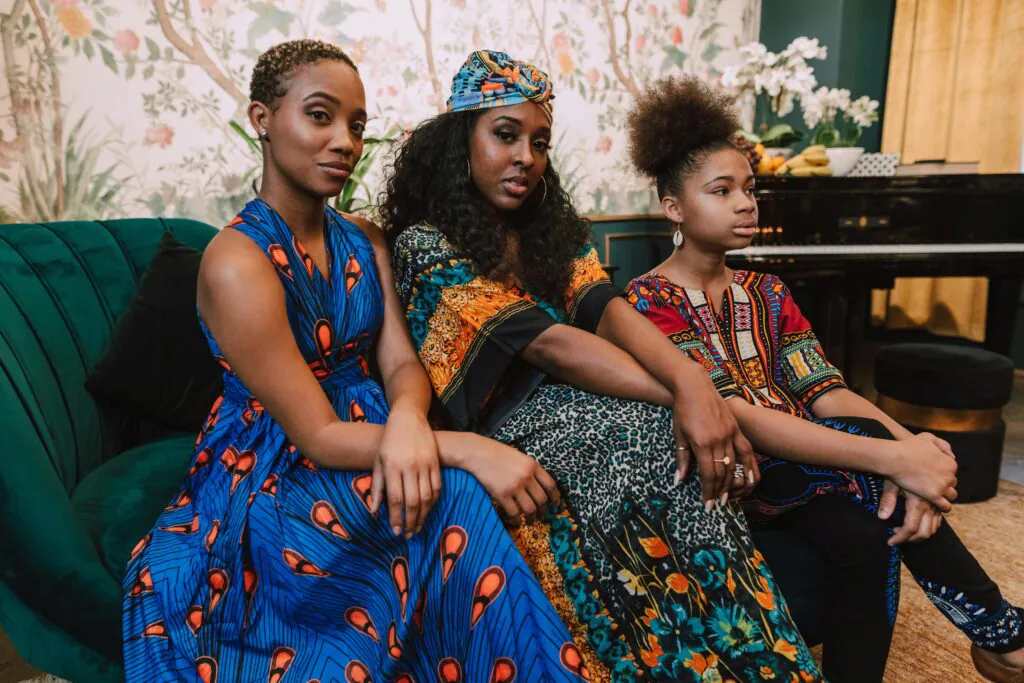
2. Types of African Fashion Dresses You’ll Love
African dresses come in diverse styles to suit every occasion and personality.
Ankara Dresses
- What It Is: A daring and striking printed cotton material with elements typical for the African continent.
- Best For: Informal/Cocktail and Semi Formal occasions.
- Styling Tip: Neutralize color with shoes and bag so that you accentuate the print on the piece.
Dashiki Dresses
- What It Is: A type of outer garment with elaborate stichery and often requiring a great amount of fabric; may be for the lower half of the body or long enough to cover it.
- Best For: Occasions like weddings, birthday celebrations, festive season, or even dinner.
- Styling Tip: To complete this look go the extra mile and match the look with chunky jewelry for the bohemian-chic appeal.
Kente Gowns
- What It Is: A woven fabric originating from Ghana, often worn at weddings or ceremonies.
- Best For: Festive and formal events.
- Styling Tip: Opt for gold or metallic accessories to enhance the luxurious look.
Kaftans and Boubous
- What They Are: Flowing, floor-length gowns that exude sophistication.
- Best For: Formal gatherings and religious ceremonies.
- Styling Tip: Pair them up with beautiful earrings and a clutch bag.
3. The Evolution: Modern vs. Traditional African Dresses
| Feature | Traditional African Dresses | Modern African Dresses |
| Fabric | Handwoven with symbolic meaning | A mix of traditional and contemporary materials |
| Designs | Rooted in cultural heritage | Incorporates global trends |
| Occasions | Ceremonial use, weddings, and rituals | Everyday wear, casual outings, and runways |
| Colors | Earthy tones and symbolic shades | Bold, experimental, and often neon hues |
Modern African fashion dresses honor tradition while embracing contemporary trends, making them versatile for any wardrobe.
4. Why African Fashion Dresses Fit Every Occasion
One of the most remarkable aspects of African dresses is their adaptability:
- For Weddings: Opt for Kente or Boubou dresses for a regal look.
- For Parties: Bright and bold Ankara prints make you the life of the event.
- For Everyday Wear: Dashiki tunics paired with jeans create a chic casual outfit.
- For Red Carpet Events: Modern adaptations with elegant cuts are perfect for high-profile occasions.
African fashion seamlessly transitions between casual and formal settings, offering an unmatched style for any event.
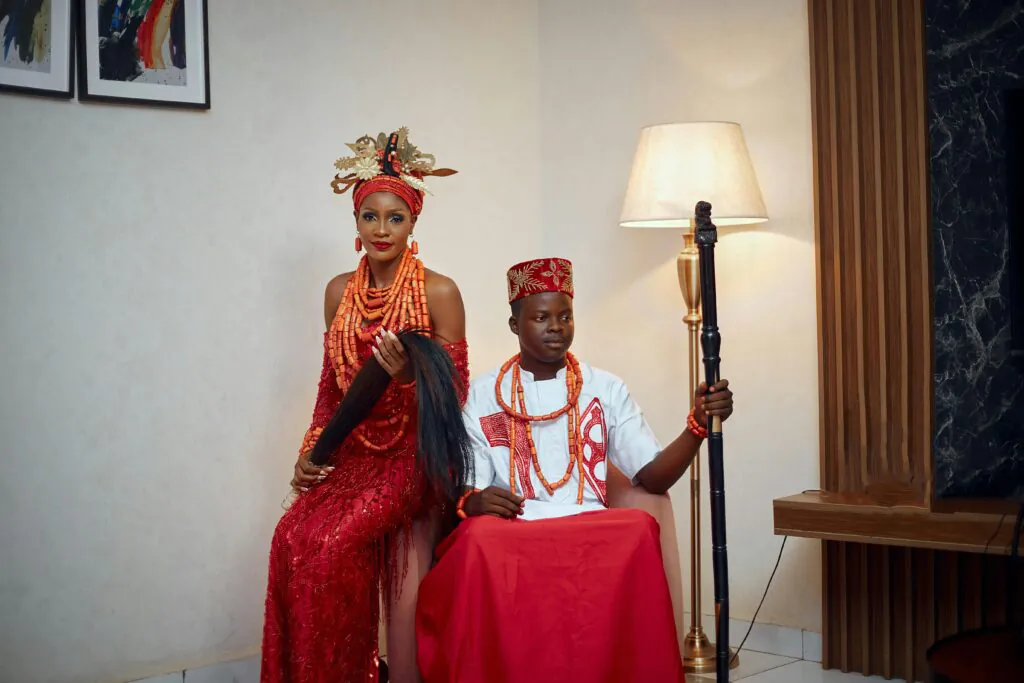
5. How to Style African Fashion Dresses Like a Pro
Accessories
- Statement Jewelry: With matching African material pattern garnets, earrings, necklaces and bracelets complete the ensemble.
- Headwraps: Used frequently in African fashion, the headwraps can bring sophistication and ethnicity at the same time.
Footwear
- Sue dresses that reach the floor length when worn with heels; appropriate for formal wear.
- Short dresses should therefore be worn with flats or sandals to avoid a formal outlook.
Hairstyles
- Braided hairstyles and natural curls beautifully complement African fashion dresses.
6. Sustainable Fashion: The Role of African Dresses
Sustainability is becoming increasingly important in the fashion industry, and African dresses lead the way with:
- Handmade Craftsmanship: Traditional methods minimize the necessity of machines, hence decrease the impact on the climate.
- Natural Fabrics: Fabrics like cotton and silk are renewable and natural fabrics and can be naturally degraded.
- Community Support: Buying African clothing products sometimes means that people are buying from small-stake entrepreneurs and craftspeople.
By choosing African dresses, you embrace a sustainable and ethical approach to fashion.
7. Where to Buy African Fashion Dresses
Looking for the perfect African dress? Here’s where to start:
- Local Designers: Visit markets or boutiques in African communities for authentic pieces.
- Online Platforms: Websites like Afrikrea and Etsy offer a wide variety of styles.
- Luxury Brands: Preview pieces from African designers such as Lisa Folawiyo as well as Rich Mnisi.
- Glam With Glow: Get inspired by Glam With Glow’s styling guide.
8. Top Trends in African Fashion Dresses for 2024
Stay ahead of the fashion curve with these trends:
- Asymmetrical Cuts: Modern dresses with unique silhouettes.
- Mix-and-Match Prints: Combining different African patterns for a bold look.
- Sheer Fabrics: Lightweight materials that add a modern twist to traditional designs.
- Neutral Tones: A departure from bold prints, focusing on understated elegance.
9. Caring for Your African Fashion Dresses
To preserve the beauty of your African dress:
- Hand Wash or Gentle Cycle: Wash with low abrasive soap to prevent fading and wearing away of the fabric.
- Air Dry: Do not expose them to direct sun to discourage wearing out of the colors of the fabrics.
- Store Properly: Hang dresses in a cool, dry place to maintain their shape.
Conclusion
African fashion dresses are not just clothes, but they represent history art and personality all rolled into one. As stated, the clothes have very attractive colors and styles accompanied by various surprising prints and meaningful patterns and these dresses meet different purposes for people from different cultural backgrounds to gain some kind of cultural representation, to those fashionable ladies who love the latest styles.
No matter the occasion it may be a wedding ceremony, casual occasion or a glamour red carpet occasion African dresses make you look great and feel great. Celebrate the beauty of African fashion and ensure that your wardrobe shows you appreciate the beauty that fashion brings.
For more inspiration, check out the latest trends on Glam With Glow and start your journey into the colorful world of African fashion today!
FAQ
What is the most popular fabric for African dresses?
Ankara is widely popular for its vibrant and versatile prints.
Can I wear African fashion dresses casually?
Absolutely! Many styles, like Dashikis and short Ankara dresses, are perfect for casual wear.
Where can I find African dresses for plus sizes?
Online stores like Afrikrea and custom tailors often cater to all body sizes.
What do the colors in African dresses symbolize?
Colors like gold symbolize wealth, while green represents growth and harmony.
Can I mix African fashion with Western styles?
Yes! Pair African prints with denim jackets or sneakers for a trendy fusion look.
What should I wear with African dresses?
Bring head scarfs and high energetic jewelry and clutch bags to complement the costumes.
What are the costs of African fashion dresses?
They range anywhere from thirty dollars for some T-shirts to several hundred dollars for designer clothing.
Are African dresses suitable for formal occasions?
Definitely! Styles like Boubou or Kente gowns are perfect for weddings and galas.

